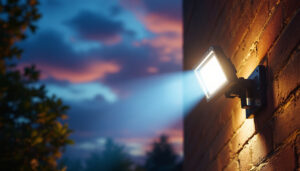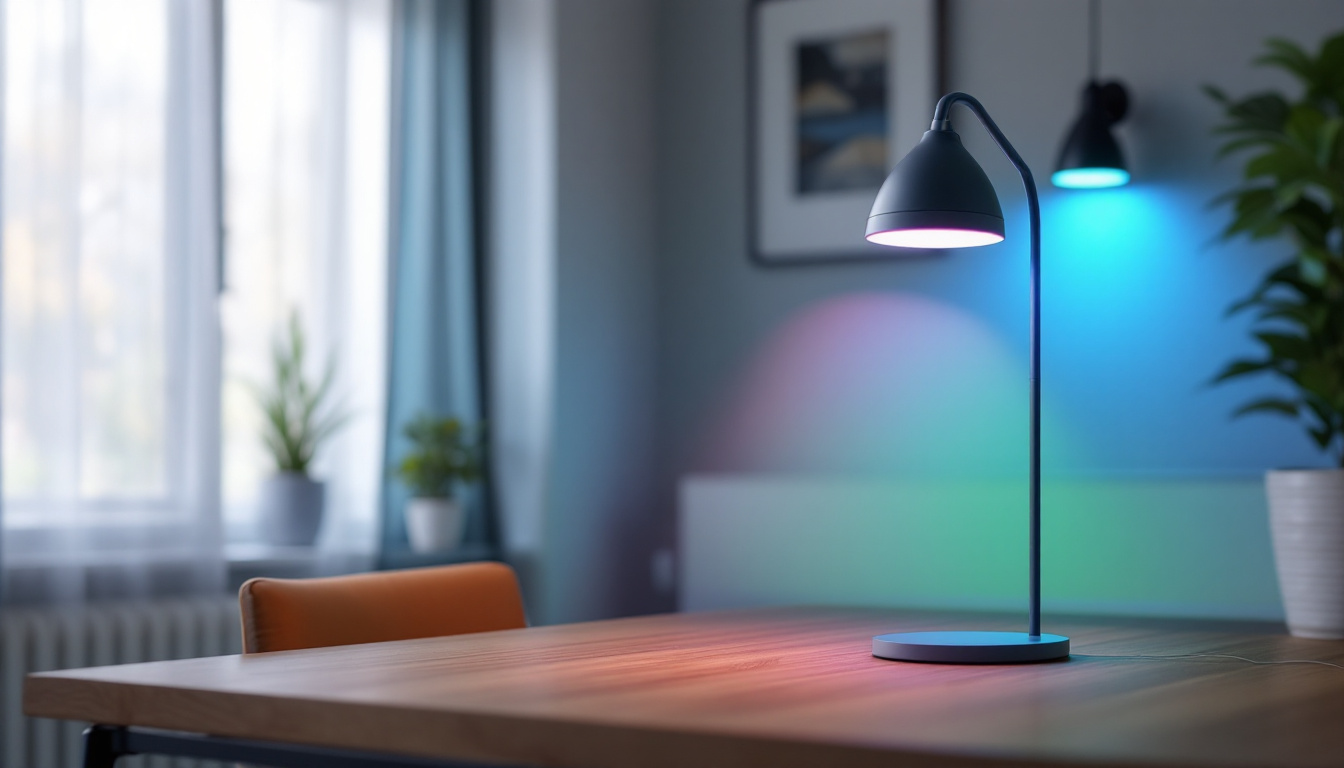

Lighting is an essential aspect of any construction or renovation project, and understanding light fixtures is crucial for lighting contractors. This article aims to demystify light fixtures by exploring their types, components, installation considerations, and the latest trends in lighting design. Whether you are a seasoned professional or just starting in the industry, this guide will provide valuable insights to enhance your expertise.
Light fixtures are devices that hold and protect light bulbs while also providing a means to connect them to the electrical supply. They come in various shapes, sizes, and styles, each serving different purposes and aesthetics. Understanding the different types of fixtures available is essential for contractors to meet client needs effectively.
Light fixtures can be broadly categorized into several types, including ambient, task, accent, and decorative lighting. Each type serves a unique purpose and is designed to create a specific atmosphere in a space.
Ambient lighting provides overall illumination, making it suitable for general use in a room. Task lighting, on the other hand, focuses on specific areas where activities such as reading or cooking take place. Accent lighting is used to highlight particular features, such as artwork or architectural details, while decorative lighting adds aesthetic appeal to a space. Understanding these distinctions allows contractors to tailor their lighting solutions to the specific needs of their clients, enhancing both functionality and style.
Each light fixture consists of several key components, including the bulb, socket, reflector, lens, and housing. The bulb is the source of light, while the socket holds the bulb and connects it to the electrical supply. Reflectors and lenses help direct and diffuse light, enhancing the fixture’s performance and visual appeal.
Understanding these components is essential for contractors, as it allows them to troubleshoot issues, recommend suitable replacements, and ensure that fixtures are installed correctly for optimal performance. Additionally, the choice of materials used in housing and reflectors can significantly affect the durability and efficiency of the fixture, making it crucial for contractors to stay informed about the latest advancements in lighting technology and materials.
When selecting light fixtures, contractors must consider several factors, including the intended use of the space, the desired ambiance, and the energy efficiency of the fixtures. Additionally, understanding the latest trends in lighting design can help contractors make informed decisions that align with client preferences.
For instance, LED fixtures are becoming increasingly popular due to their energy efficiency and long lifespan. They offer a range of color temperatures and can be used in various applications, from residential to commercial settings. Moreover, smart lighting systems are gaining traction, allowing users to control their lighting through mobile apps or voice commands, thereby adding convenience and flexibility to modern living spaces. This integration of technology not only enhances user experience but also contributes to energy savings, making it an attractive option for environmentally conscious clients.
Proper installation of light fixtures is critical to ensure safety, functionality, and aesthetic appeal. Lighting contractors must be familiar with the installation process, including electrical connections, mounting methods, and compliance with local building codes. A well-executed installation not only enhances the visual appeal of a space but also ensures that the lighting performs optimally over time, reducing the need for frequent repairs or replacements.
Electrical connections are a vital aspect of light fixture installation. Contractors should be well-versed in wiring techniques and safety protocols to prevent electrical hazards. This includes understanding the difference between series and parallel circuits, as well as the importance of grounding. Proper grounding is essential to protect both the fixtures and the occupants from electrical shocks, especially in areas prone to moisture, such as bathrooms and kitchens.
Additionally, contractors should be familiar with the various types of switches and dimmers available, as these can significantly enhance the functionality of light fixtures. Properly installed switches and dimmers allow clients to control the intensity of light, contributing to energy savings and improved ambiance. Moreover, smart lighting systems are becoming increasingly popular, enabling users to control their lighting remotely via smartphones or voice-activated devices, adding a layer of convenience and modernity to any installation.
Mounting methods for light fixtures vary depending on the type of fixture and the installation location. Common mounting methods include recessed, surface-mounted, and pendant installations. Each method has its advantages and considerations. For instance, recessed fixtures are often used in ceilings for a clean, unobtrusive look, while surface-mounted fixtures are suitable for walls and ceilings where space is limited. Pendant fixtures can serve as statement pieces, hanging from ceilings to provide both illumination and decorative flair.
When selecting a mounting method, contractors should also consider the height of the ceiling and the overall design of the space. For example, in rooms with high ceilings, elongated pendant fixtures can create a dramatic effect, while in smaller spaces, flush-mounted fixtures can maximize headroom. Additionally, the choice of materials and finishes for the fixtures can complement the existing decor, making the lighting a cohesive part of the overall design scheme.
Compliance with local building codes is essential for any lighting installation project. Contractors must stay informed about regulations that govern electrical installations, including safety standards and energy efficiency requirements. These codes are designed to protect both the installer and the end user, ensuring that installations are safe and reliable.
Failing to comply with these codes can result in fines, project delays, and safety hazards. Therefore, lighting contractors should regularly review local regulations and ensure that their installations meet all necessary requirements. Furthermore, it is beneficial for contractors to engage in continuing education opportunities, such as workshops and seminars, to stay updated on the latest advancements in lighting technology and regulatory changes. This proactive approach not only enhances their expertise but also builds trust with clients, who appreciate working with knowledgeable professionals committed to safety and quality.
The world of lighting design is constantly evolving, with new trends emerging regularly. Staying updated on these trends can help lighting contractors offer innovative solutions to their clients.
Smart lighting systems are gaining traction in both residential and commercial settings. These systems allow users to control their lighting remotely via smartphones or voice-activated devices. Features such as scheduling, dimming, and color temperature adjustments enhance convenience and energy efficiency.
Contractors should familiarize themselves with various smart lighting products and their compatibility with different systems. This knowledge will enable them to recommend suitable options to clients looking to integrate smart technology into their lighting design.
As sustainability becomes increasingly important, many clients are seeking eco-friendly lighting solutions. This includes using energy-efficient fixtures, such as LEDs, and incorporating natural light through skylights or large windows.
Contractors can play a significant role in promoting sustainable practices by educating clients about the benefits of energy-efficient lighting and helping them make environmentally conscious choices. Additionally, understanding the lifecycle impacts of different lighting products can guide contractors in recommending sustainable options.
Customization is another trend that is gaining popularity in lighting design. Clients are looking for unique fixtures that reflect their personal style and enhance the overall aesthetic of their spaces. This trend includes bespoke lighting solutions, where contractors collaborate with designers to create custom fixtures tailored to specific client needs.
By offering personalized lighting solutions, contractors can differentiate themselves in a competitive market and build lasting relationships with clients. Understanding design principles and trends can help contractors provide valuable input during the design process.
Regular maintenance and troubleshooting are essential for ensuring the longevity and performance of light fixtures. Contractors should be equipped with the knowledge and skills to address common issues that may arise over time.
Some common issues with light fixtures include flickering lights, dimming, and complete failure. Flickering lights may indicate a loose connection or a faulty bulb, while dimming could be a sign of an incompatible dimmer switch. Complete failure often requires checking the electrical connections and replacing the bulb or fixture.
Contractors should be prepared to diagnose these issues and provide clients with effective solutions. This may involve conducting inspections, replacing components, or recommending upgrades to more reliable fixtures.
Regular maintenance practices can prevent many common issues and extend the lifespan of light fixtures. Contractors should advise clients on cleaning procedures, such as dusting fixtures and replacing bulbs as needed. Additionally, checking electrical connections periodically can help identify potential problems before they escalate.
Encouraging clients to establish a maintenance schedule can contribute to the overall performance and safety of their lighting systems. Providing clients with maintenance tips can also enhance their satisfaction and trust in the contractor’s expertise.
Understanding light fixtures is essential for lighting contractors to deliver high-quality services and meet client expectations. By familiarizing themselves with the various types of fixtures, installation considerations, current trends, and maintenance practices, contractors can enhance their skill set and provide valuable solutions to their clients.
As the lighting industry continues to evolve, staying informed about new technologies and design trends will be crucial. By embracing innovation and sustainability, lighting contractors can position themselves as leaders in the field, ensuring their services remain relevant and in demand.
Ultimately, the goal of any lighting contractor should be to create functional, aesthetically pleasing, and energy-efficient lighting solutions that enhance the quality of life for their clients. With the right knowledge and skills, lighting contractors can navigate the complexities of light fixtures and deliver exceptional results in every project.
Ready to elevate your lighting projects with the finest fixtures on the market? Look no further than LumenWholesale, where we specialize in providing contractors with high-quality, spec-grade lighting products at unbeatable wholesale prices. Say goodbye to local distributor markups and hello to a vast selection of reliable, high-performance lighting that meets the highest industry standards. Plus, with free shipping on bulk orders, you can trust that you’re getting premium lighting at the best value — without any hidden fees or compromises. Enhance your professional service with the quality, affordability, and convenience of LumenWholesale. Your clients deserve the best, and so do you.

Discover the essentials of solar landscape lighting that every lighting contractor should master.

Discover why lighting contractors should prioritize fluorescent bulbs in their projects.

Discover how RGB lamps can revolutionize your lighting installation projects by offering dynamic color options, energy efficiency, and enhanced ambiance.

Discover the essential role of parking lights in urban planning and safety.
Get notified when NEW deals are released.
Optimize your budget with wholesale discounts.
Only top-quality, specification-grade lighting products.
No additional costs at checkout - what you see is what you pay.
We understand the unique needs of contractors.